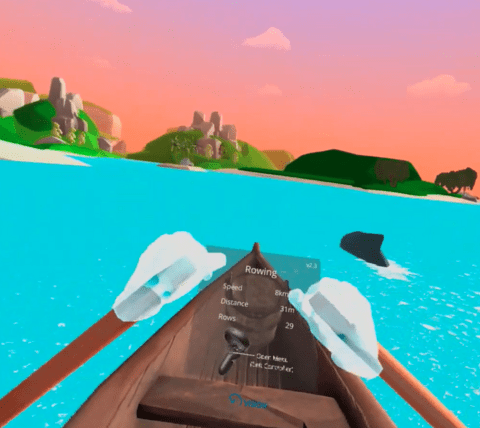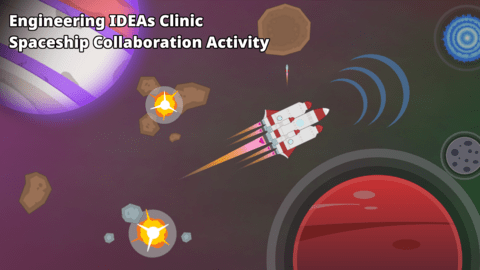Games Institute and Waterloo Institute for Nanotechnology partner to create educational game about nasal spray COVID-19 vaccine
Games Institute (GI) and Waterloo Institute for Nanotechnology (WIN) researchers have been working together on strategies to better educate the public about how the application of nanotechnology (the manipulation of materials on an atomic or molecular scale) impacts our daily lives. The first of these projects focuses on educating the public about how DNA-based nasal sprays can be used as intranasal vaccines during this crucial time.



